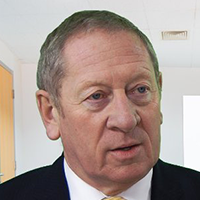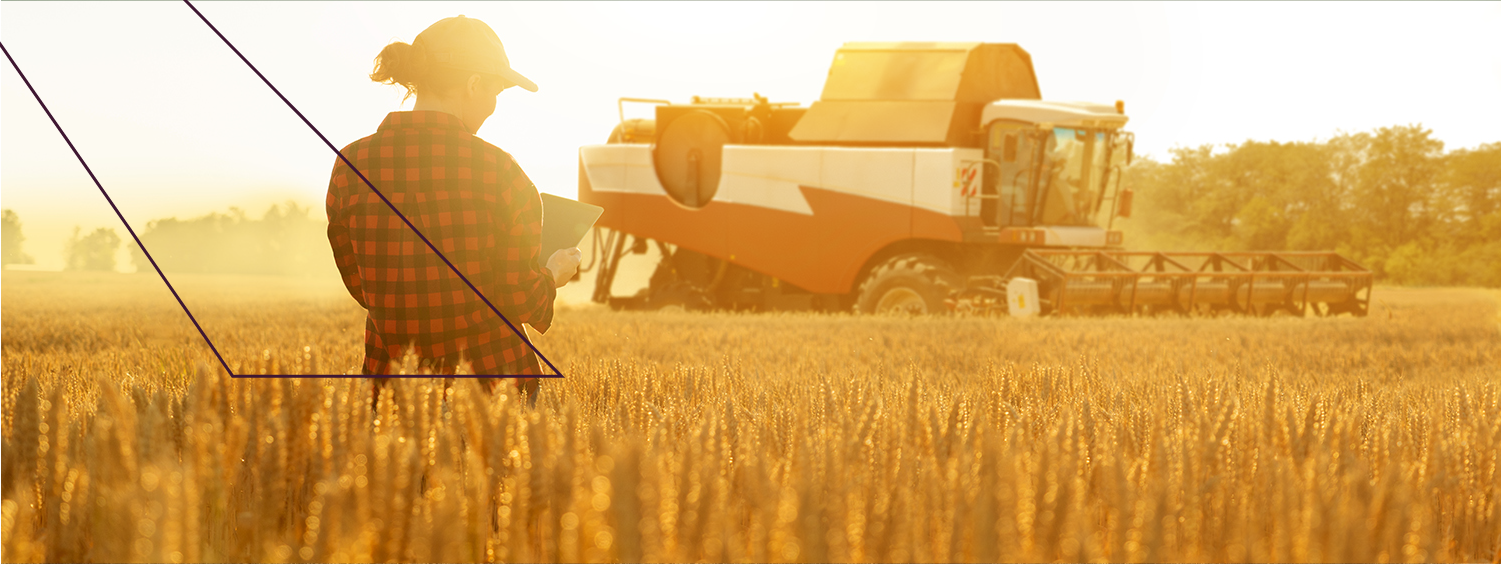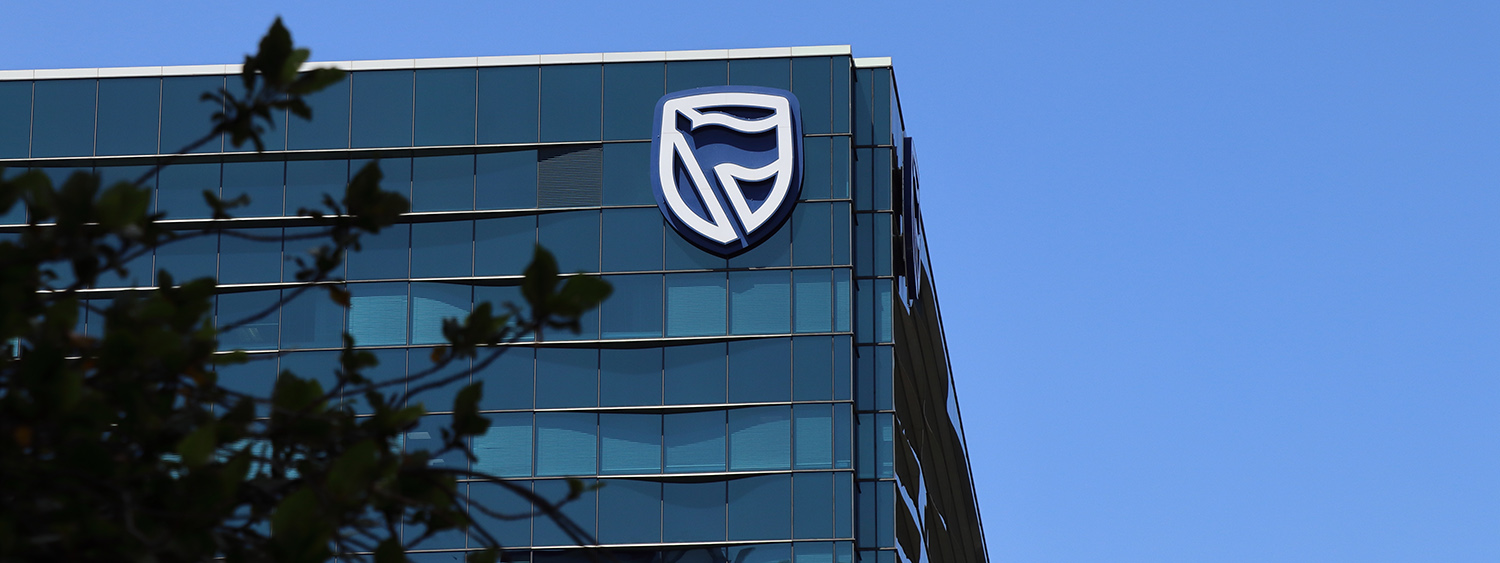Smallholder farmers confront formidable obstacles in the global economy. In spite of their invaluable contribution to the world's food supply, they find it challenging to make a decent living. In 2023, smallholder farmers face a landscape marked by both concerns and potential opportunities. Ongoing global food insecurity persists due to conflicts, insufficient investments, and geopolitical complexities, resulting in soaring food prices.
Adding to their challenges, climate change is also knocking on their door, affecting crop suitability and agricultural productivity. But that's not all—recent (and much-needed) legislation aimed at curbing deforestation unfortunately creates additional hurdles for farmers who lack digital records to meet the traceability requirements imposed by these regulations. In a recent article titled "Empowering Smallholder Farmers: Financial Institutions Leading the Way Towards Sustainable Agriculture," we further delve into the specific issues they face.
The challenges smallholder farmers face in light of an increasingly digitalized economy are immense, and private-sector inner collaboration is crucial to their success These farmers often find themselves at a disadvantage due to limited access to digital tools and resources, and bridging the digital divide becomes not only a necessity but also a moral imperative, as it has far-reaching implications for both the livelihoods of these farmers and the global food supply chain.
Nevertheless, there is a ray of hope on the horizon as precision farming and sustainable practices continue to advance, offering the promise of enhanced productivity and better livelihoods. Financial institutions, many of which are Qorus members, are leading the way in this effort, tailoring their products, extending loan terms, adjusting payment schedules to align with crop cycles, and innovating credit scoring models in order to mitigate risks.
At Qorus, we are proud to be at the forefront of these efforts, and as the CEO, I want to emphasize the importance of financial institutions uniting to empower both smallholder farmers and agribusinesses. Together, we can create a more inclusive and resilient food system that ensures food security, reduces inequalities, and promotes environmental stewardship. It's absolutely crucial that, within the broader context of Environmental, Social, and Governance (ESG) considerations, we don't lose sight of the rights and well-being of these smallholder farmers.
Join our SME Banking Community or our Insurance Community on this important journey towards a brighter future for smallholder farmers and sustainable agriculture.









